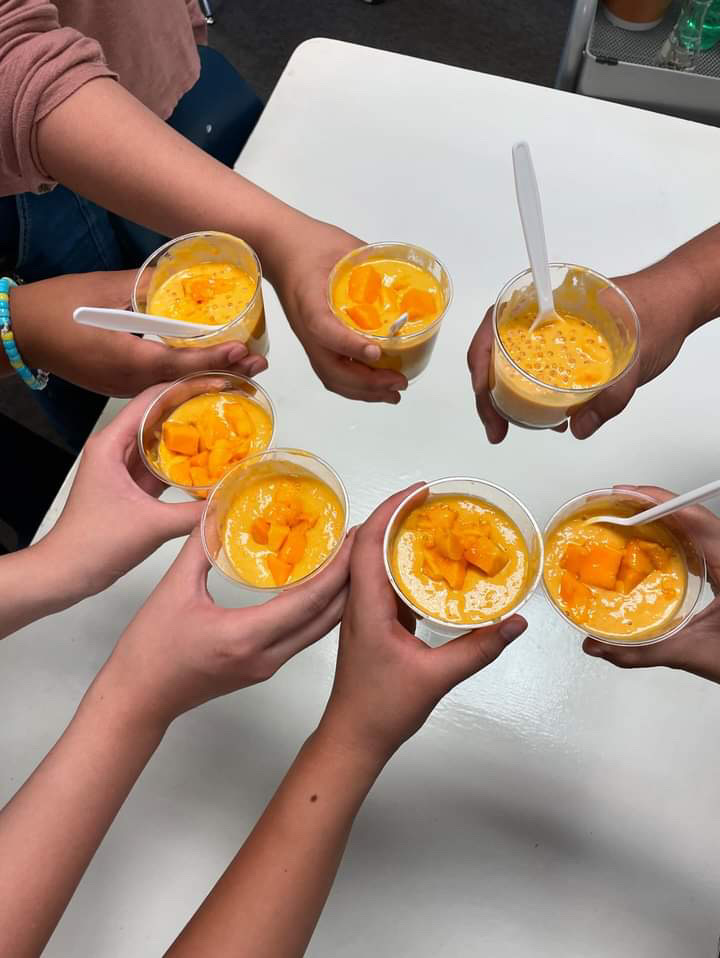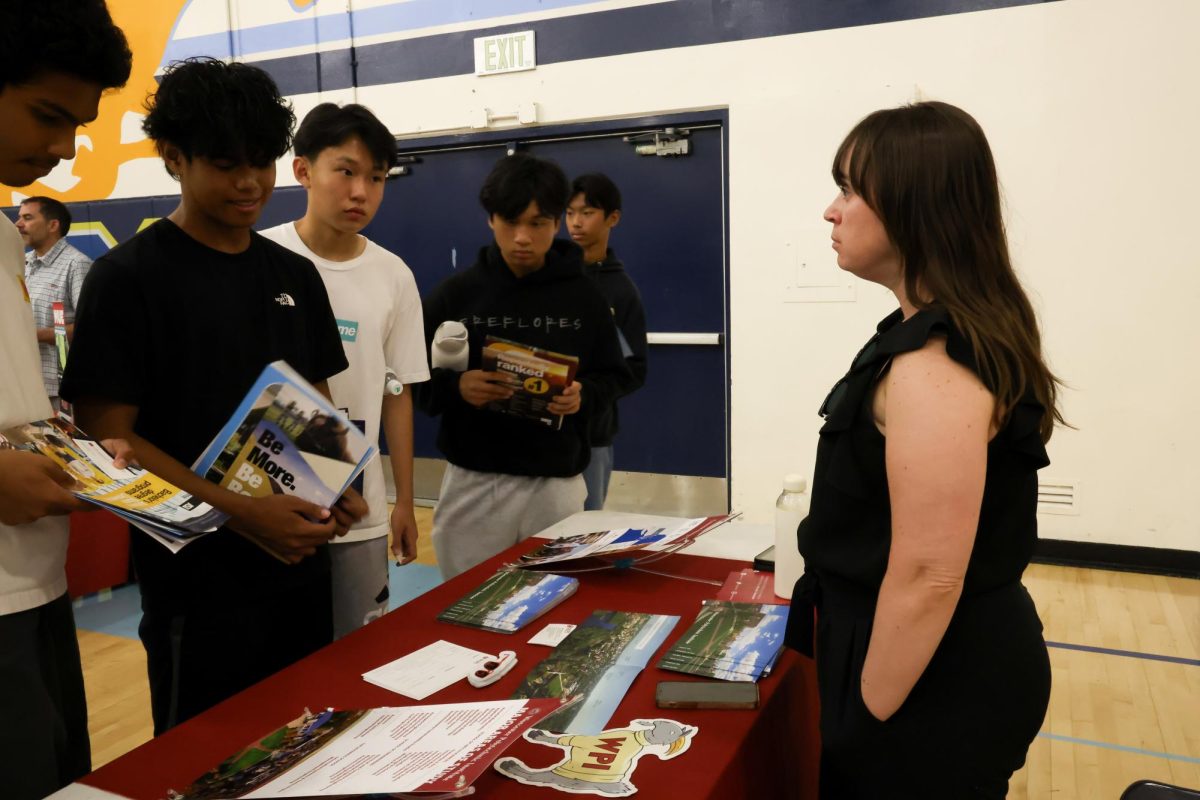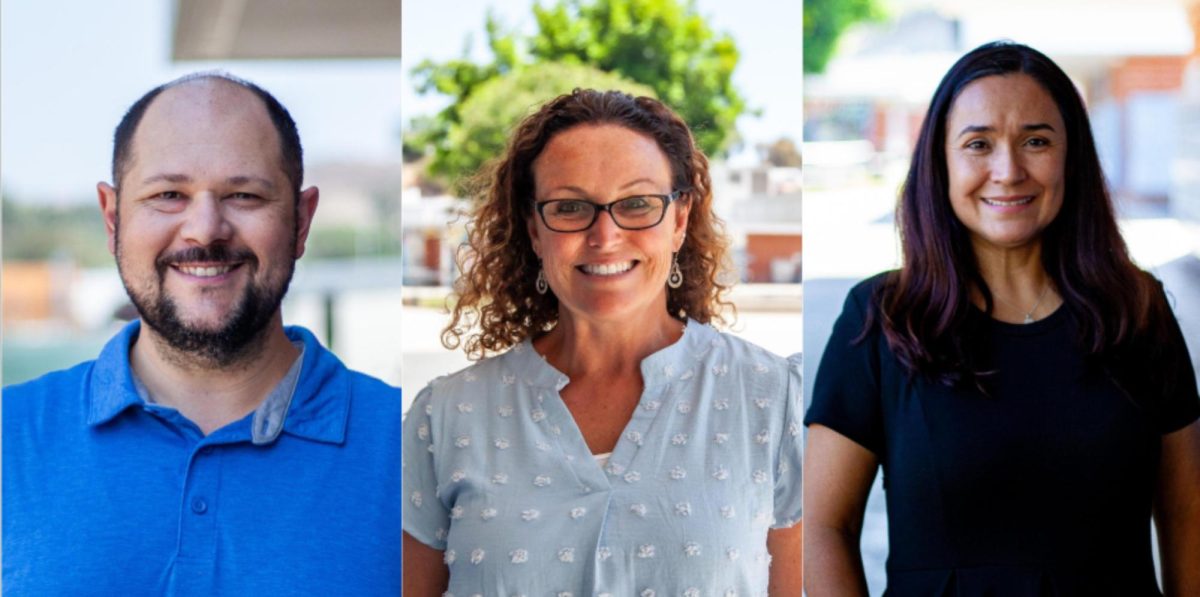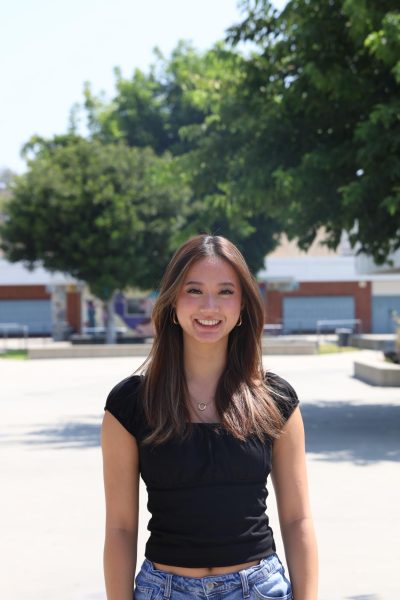Ethnic studies, a California state-mandated course, has become a graduation requirement starting with the class of 2029. This year, the school district implemented ethnic studies as a semester course under the elective requirement category.
The 2024-25 school year serves as a pilot year for the class, taught by Eric Peralta and Justin Panilio. The course focuses on subjects like cultural identity, personal history, race and ethnicity. The curriculum aims to provide students with a better understanding of the different cultures surrounding them, according to Peralta.
“[Ethnic studies examines] the conversations that might feel uncomfortable, but people have to understand that there are perspectives other than their own,” Panlilio said. “I think it’s going to open a lot of minds. Since we’re targeting freshmen next year, they could become more accepting and tolerant of other people’s differences as they go through their high school journey.”
The course’s curriculum was developed by a team of teachers and administrators over the last two years. In the past few weeks, students have shared their own cultures through activities like making taro sago, a traditional Cantonese dessert, and identifying their cultural characteristics.
“In this class, we also learn about ourselves, how we explore our own identity and how our identity shapes us. You’re not necessarily just one person or one characteristic, but you’re a lot of characteristics, and that’s how it shapes you,” senior Sarah Mendoza said. “I think everyone should take this class because it helps you not only learn about yourself but also other people.”
Field trips are included as a part of the course’s curriculum, and throughout the school year, students will be visiting local destinations like shops, museums and grocery stores to explore different cultures in the area. Some of these locations include the BAPS Shri Swaminarayan Mandir, a Hindu temple in Chino Hills, Hsi Lai Temple, a Buddhist temple in Hacienda Heights and Native Fields, a restaurant that serves Filipino cuisine.
“To purposefully see or examine different cultures with different ideas and different practices, who you know and interact with people who may have a different perspective on life, just makes us make our lives a little bit more enriching, a little bit more empathetic, a little bit more kind, a little bit more tolerant. I think it’s a very important class, and I’m glad it’s a graduation requirement moving forward,” Peralta said.







